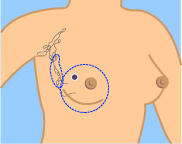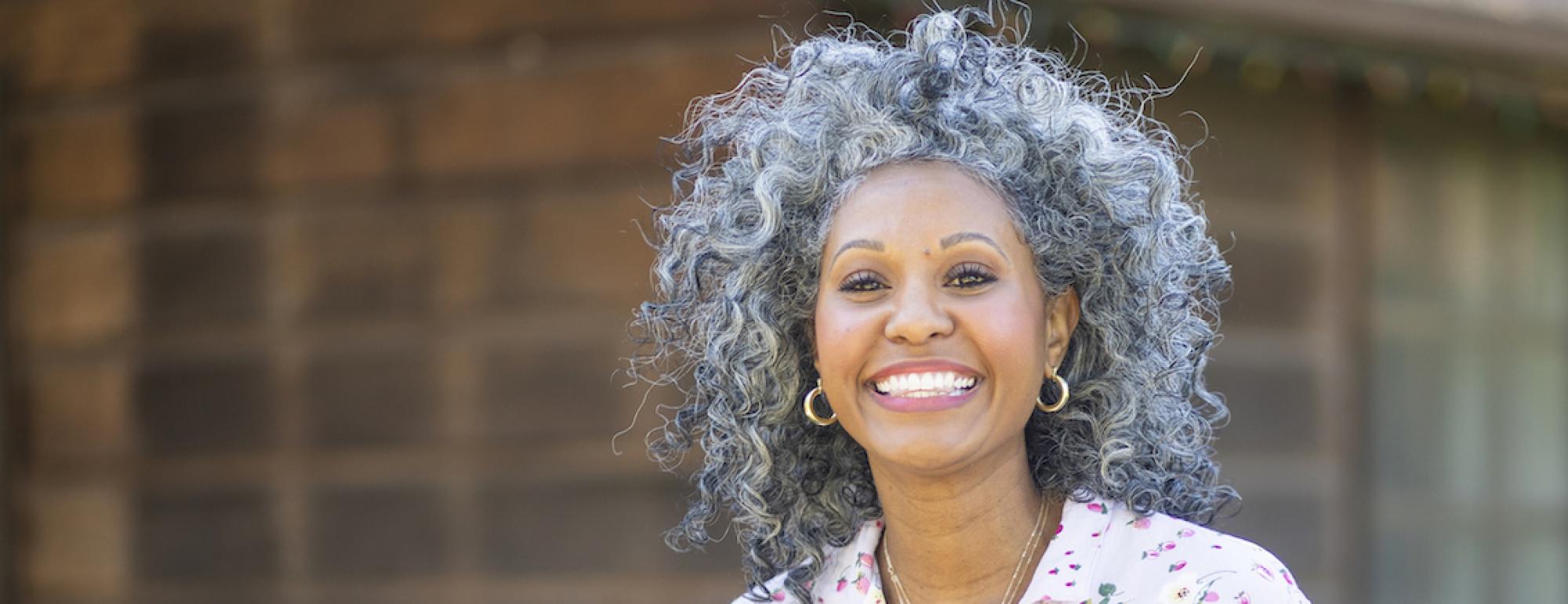Instructions Before Surgery

- You will generally stay overnight in the hospital after your mastectomy. You may stay longer if it is medically necessary. You will need to have a responsible adult with you to drive you home. It is unsafe and against hospital policy to permit you to drive home after surgery when you have received any medication that might slow your responses (anesthesia, pain medication, or any medication to relieve anxiety).
- NOTHING TO EAT OR DRINK AFTER MIDNIGHT on the night before your surgery. Any medications that you take routinely should be taken at the usual time with a sip or two of water. People with diabetes, heart disease, and other illnesses should contact their primary care physicians for directions. Inform us if you are taking Coumadin® or other blood thinning medication.
- DO NOT TAKE ASPIRIN or aspirin containing products for 10 days before your surgery. Tylenol® is okay. STOP vitamin E supplement 2 weeks before or as soon as possible. Vitamin E in a multivitamin is okay.
- Wear comfortable clothing: a two-piece, loose outfit with a zipper or buttons in front is the easiest to put on. Some women prefer a loose dress with a zipper or buttons in front. Please bring it with you.
- Recommended items to bring with you to stay in the hospital:
- Personal items (toothbrush, toiletries, pillow, earplugs)
- Slippers, extra socks
- Tape player and headphones, favorite music, books on tape
- Bathrobe open in front, button or zipper sweater or bed jacket
- Light reading
- Important telephone numbers
- DO NOT BRING VALUABLES
- If you have not chosen immediate reconstruction we will give you information about a temporary breast form/softee. If you have chosen reconstruction, consult the specific information given to you by your nurse.
Instructions After Surgery
Pain Management
- People experience different types and amount of pain or discomfort after surgery. The goal of pain management is to assess your own level of discomfort and to take medication as it is needed. You will have better results controlling your pain if you take pain medication before your pain is severe.
- When pain is experienced, it is recommended to take pain medication on a regular schedule. ibuprofen (e.g., Advil® or Motrin®) or acetaminophen (e.g., Tylenol®) are non-narcotics that can decrease pain. You will also be given a prescription for Vicodin® or another narcotic for the management of moderate pain.-->
-
We recommend using ibuprofen (e.g., Advil® or Motrin®) or acetaminophen (e.g., Tylenol®) as your main source for pain relief after surgery. You will also be given a prescription for Vicodin® or another narcotic for the management of moderate pain. We typically only prescribe a few tablets of narcotic pain medication and recommend use only as a last resort due to potential side effects and the risk for addiction. If you have undergone breast reconstruction, you will also be given a prescription for Ativan® to relieve muscle tightness.
- Please notify us of any drug allergies, reactions or medical problems that would prevent you from taking these drugs. Vicodin® is a narcotic and should not be taken with alcoholic drinks. Do not use narcotics while driving.
- Narcotics can also cause or worsen constipation, so increase your fluids, eat high fiber foods (like prunes and bran) and make sure you are up, out of bed, taking small walks.
- If you had lymph node removal, An ice pack may be helpful to decrease discomfort and swelling to the armpit Be sure to place a barrier, such as a towel or pillow case, between your skin and the ice. A small pillow positioned in the armpit may also decrease discomfort.
- Due to the loss of sensation in the breast after mastectomy, Please avoid placing heat or ice directly over the breast.
- Although you will not have felt it at the time, nor remember it afterwards, you will have had a tube down your throat during the surgery. This can often cause a sore throat for a few days following your surgery.
Incision (Scar) and Dressing Care
- Your incision (scar) has both stitches and steri-strips (small white strips of tape) and is covered by a gauze dressing and tape or a plastic dressing.
- Gauze and plastic dressing: DO NOT REMOVE THE DRESSING, STERI-STRIPS OR STITCHES. If the dressing or steri-strips fall off on their own, do not attempt to replace them.
- Gauze and paper tape dressing:You may remove the dressing 2 days after surgery. BE CAREFUL NOT TO TOUCH OR REMOVE THE STERI-STRIPS OR SUTURES.
- You may shower two days after surgery. Pat dry your plastic dressing or steri-strips.
- You will have a Jackson-Pratt (JP) drain after your surgery. This drain is a plastic tube that runs under the skin to outside your body with a bulb attached to it. Empty the drain 2-3 times per day or when the bulb is full. Write down the amount drained on a sheet of paper. Your nurse will teach you how to empty your drain. An information sheet on JP drains is included in your binder.
- Bruising and some swelling are common in women after surgery.
- A low-grade fever (under 100°F) is normal the day after surgery.
- A home care nurse may be assigned to check your progress at home.
Activity
- Avoid strenuous activity, heavy lifting, and vigorous exercise until the stitches are removed. Tell your us what you do and they will help you make a personal plan for "what you can do when" after surgery.
- Walking is a normal activity that can be restarted right away.
- No housework and no driving until the drain is out. You may restart driving when you are no longer on narcotics and you feel safe turning the wheel and stopping quickly.
- Following a lymph node dissection, don't avoid using your arm, but don't exercise it until your first post-operative visit. Please review "About Lymphedema" on page 17 of the California Department of Public Health's publication A Woman's Guide to Breast Cancer Treatment for prevention of infection and lymphedema (swelling of the arm).
- You will be given exercises to regain movement and flexibility. You may be referred to Physical Therapy for additional rehabilitation if it is needed.
- Most people return to work within 3 to 6 weeks. Return to work varies with your type of work, your overall health and personal preferences. Discuss returning to work with us.
Diet
- You may resume your regular diet as soon as you can take fluids after recovering from anesthesia.
- We encourage 8-10 glasses of water and non-caffeinated beverages per day, plenty of fruits and vegetables, and lower fat foods. Talk with us about recommendations for healthy eating.
- A nutritionist is available for consultation in the Breast Care Center. Call the front desk to schedule an appointment.
Follow-Up Care
- The pathology results from your surgery should be available within one week after your surgery.
- We will contact you by telephone with the results or will inform you at your post-operative visit. Please let us know the telephone number where you may be reached with the results.
- Follow-up appointments are generally made before surgery with your physician and a nurse. Your sutures will be removed in approximately 10-14 days. Call the Breast Care Center if you do not have or remember your appointment.
- Your dressing will be changed or removed at your post-operative visit.
Contact Us
Contact us for the following problems, any unanswered questions, or emotional support needs. Ask to speak with a nurse during the day or the answering service in the evening to reach your doctor or the doctor on call:
- Pain that is not relieved by medication
- Fever more than 100°F or chills
- Excessive bleeding (a bloody dressing) Excessive swelling
- Redness outside the dressing
- Discharge or bad odor from the wound
- Allergic or other reactions to medication(s)
- Constipation (no bowel movements)
- Anxiety, depression, trouble sleeping, need more support
